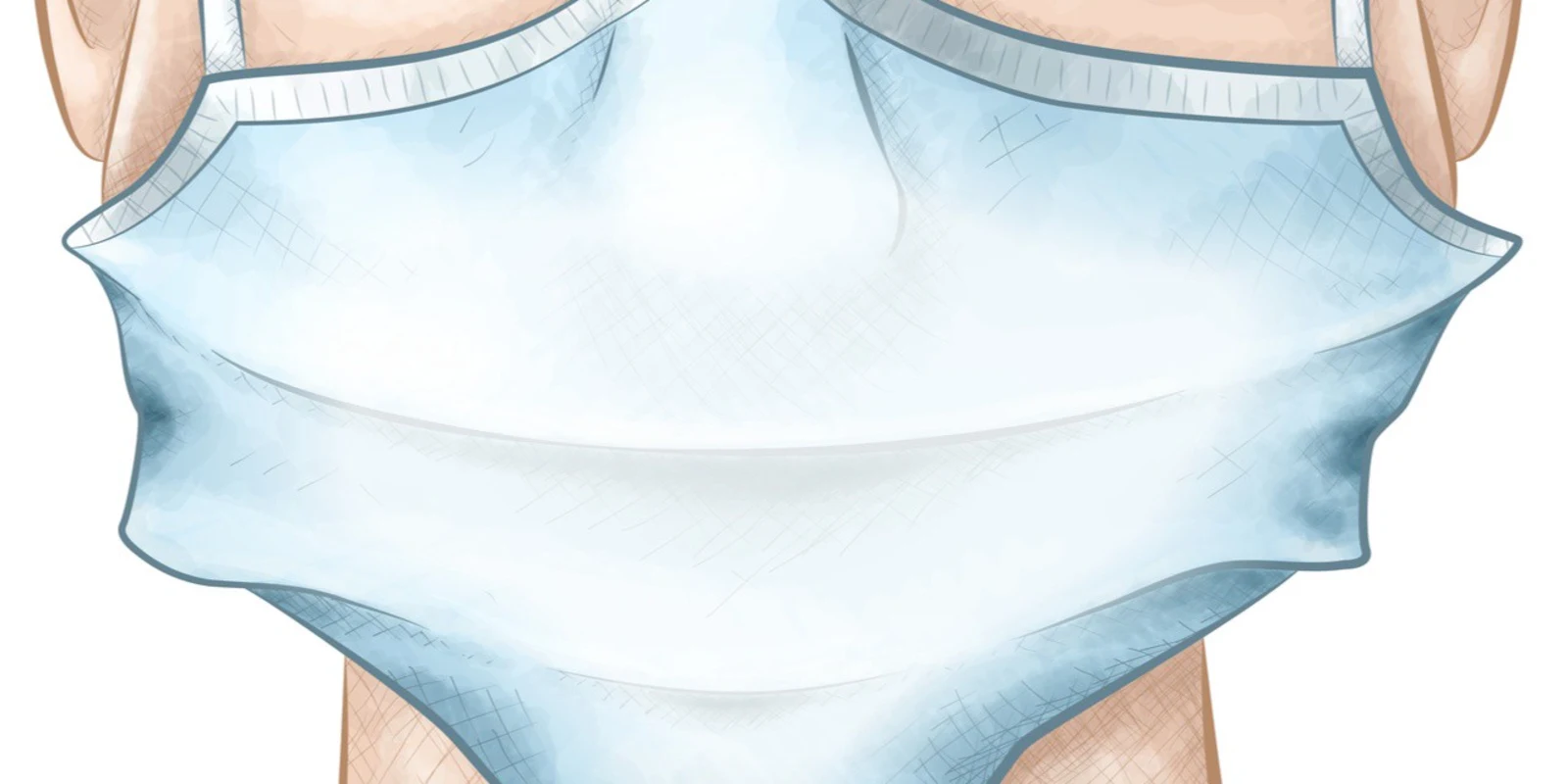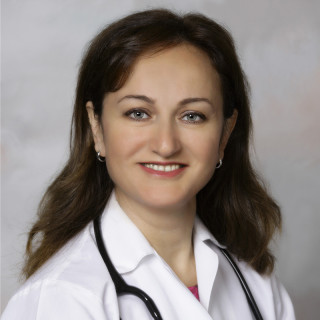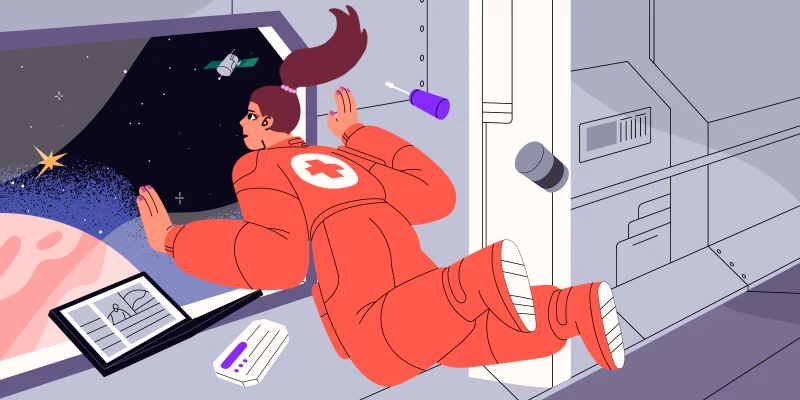
The medical resident has seen the new Infectious Diseases consultation and she is presenting the patient in a matter of fact manner: “40-year-old male with a history of diabetes type 2, hypertension, homelessness, chronic right leg wound which has been draining purulent discharge for the past two weeks with increasing pain and swelling in the leg. He does not get regular medical care. Exam shows a disheveled man with poor personal hygiene. The leg wound has a very foul odor. It is hard to say whether the odor comes from the patient or the wound itself…” The resident’s subconscious aversion is easily readable on her face and her presentation makes me chuckle. I start to reminisce…
Many years ago as a young, enthusiastic medical student, I went to a rural town hospital in Spain as an exchange summer student. I was warmly welcomed and was allowed to watch an open cholecystectomy case in the OR. I was thrilled to be there. As the surgery slowly progressed, the surgeons carefully used the electrocautery device to control the bleeding as they opened the abdominal cavity. The smell of the burning flesh hit my nose like a ton of bricks. I had never smelled anything like that, and I was caught completely off guard. While the odor filled my nostrils and seemingly engulfed my head entirely, I slowly started feeling numb in my extremities along with the dizziness and nausea. Even in my inexperienced medical student mind, I knew these were signs of vasovagal response. Shortly after that, I passed out.
I don’t know how much time passed, but when I opened my eyes I was laying flat on my back on the floor. There were faces looking down at me wearing blue masks and caps speaking a foreign language. It took me a few moments to realize I was neither dead nor dreaming. The staff picked me up and got me out of the OR. During lunchtime in the cafeteria, I felt many eyes looking at me and there were a lot of smiles and jokes. I could hear ‘Ella se desmayo’, Spanish for ‘She passed out’ in almost every conversation and that became one of the first phrases I learned in Spanish.
Surely I was embarrassed but it was far more than that; I was devastated. I knew that if I were to become a physician, I would have to be able to tolerate bad smells as part of my job. I thought about choosing a field where I would not be exposed to much of that, such as radiology. But still, the idea of a doctor who could not stand the bad odors just did not sit right with me. I remembered a classmate who, earlier in medical school, felt that medicine was just not for her after attending anatomy lessons. I remembered her ashen face after seeing a cadaver for the first time. After the second anatomy class, she decided that she did not want to be a doctor anymore and she quit. Eventually, she became a successful industrial engineer. Medicine was a lifelong dream for me, a true calling, and images of myself doing anything but medicine were just painful.
The Eureka moment came shortly when I got sick with a sinus infection. My nose was so stuffed and I was so congested, my head feeling like an aquarium, I was unable to breathe through my nose at all. I had completely lost my sense of smell. ‘Of course!’ I thought, ‘If you don’t breath through your nose, you can’t smell the odor!’. It was so simple. Ordinarily, the brain has the breathing function on automatic pilot, we don’t even think about it. But we CAN consciously control our breathing. After I recovered from the sinus infection, it took only little practice… I could breathe entirely from my mouth and avoid nose breathing for brief periods of time when exposed to bad odors.
Decades later, as an infectious diseases specialist today, I see many infections associated with peculiar, unpleasant odors. “Don’t you get grossed out?,” I get asked often… “No, not at all!” I answer with a smile followed by an explanation of my trick to block the bad odors. A trick that may have saved my career in medicine.
Gul Madison, M.D. is an infectious disease specialist practicing in Philadelphia.





